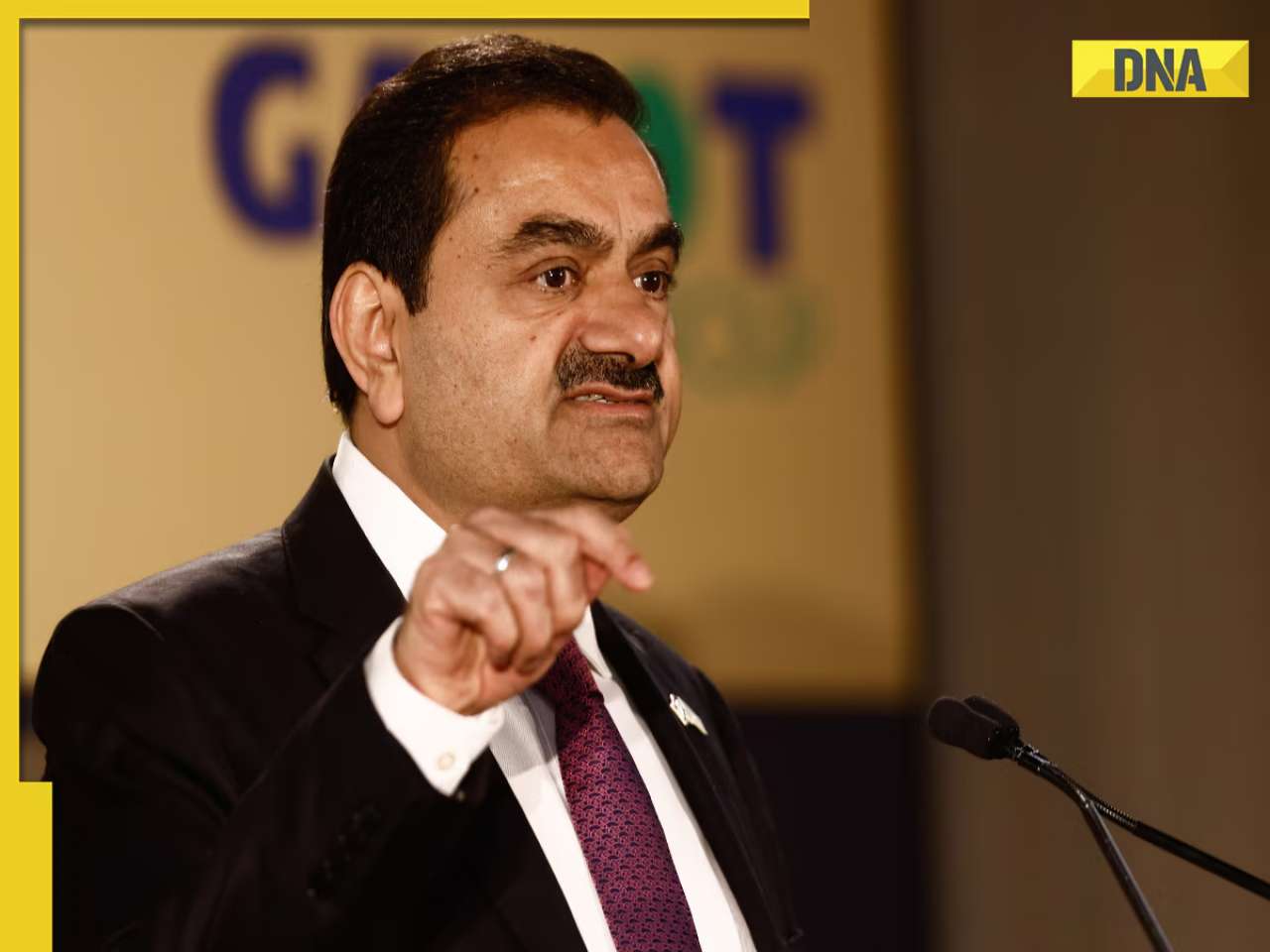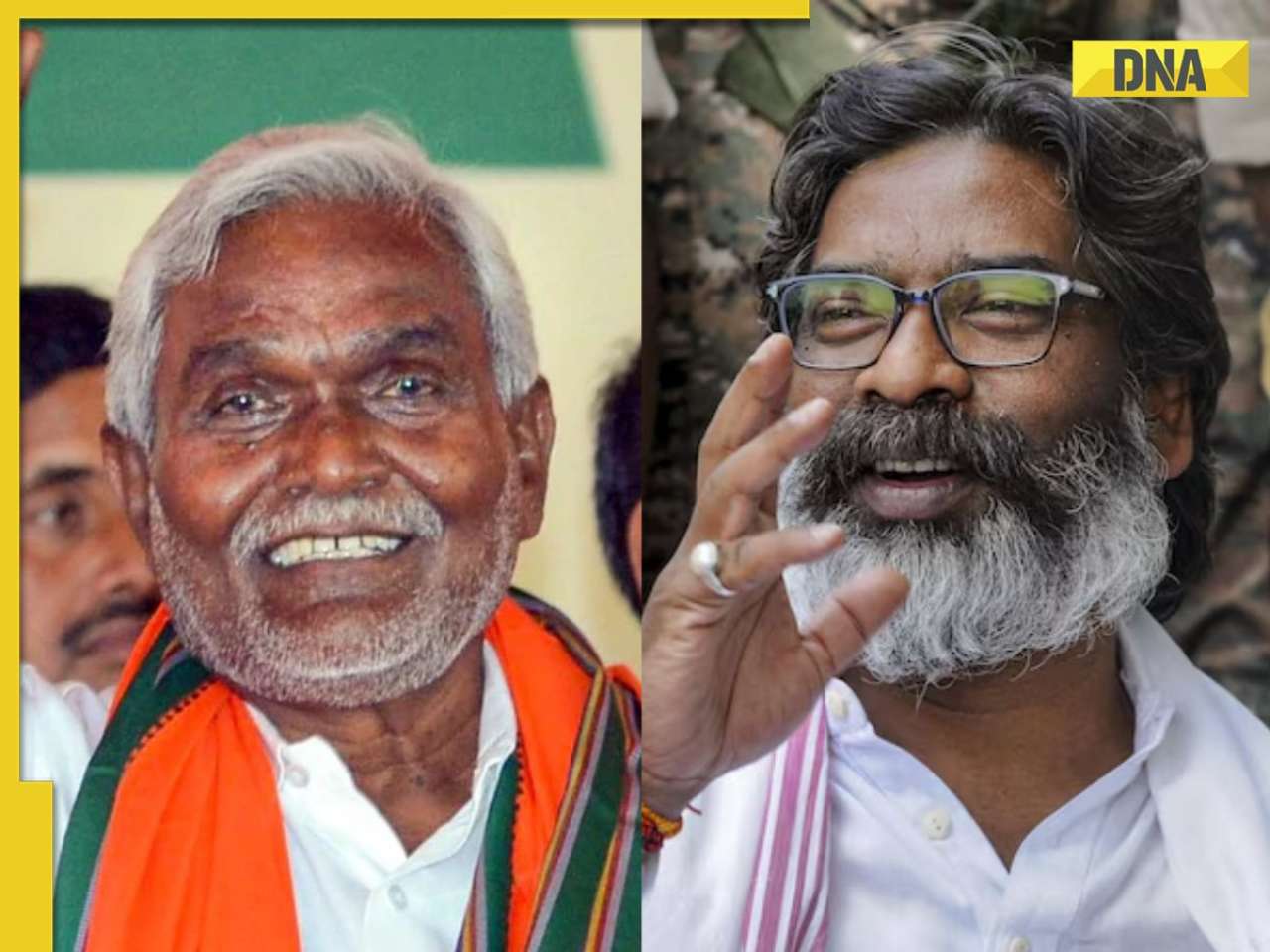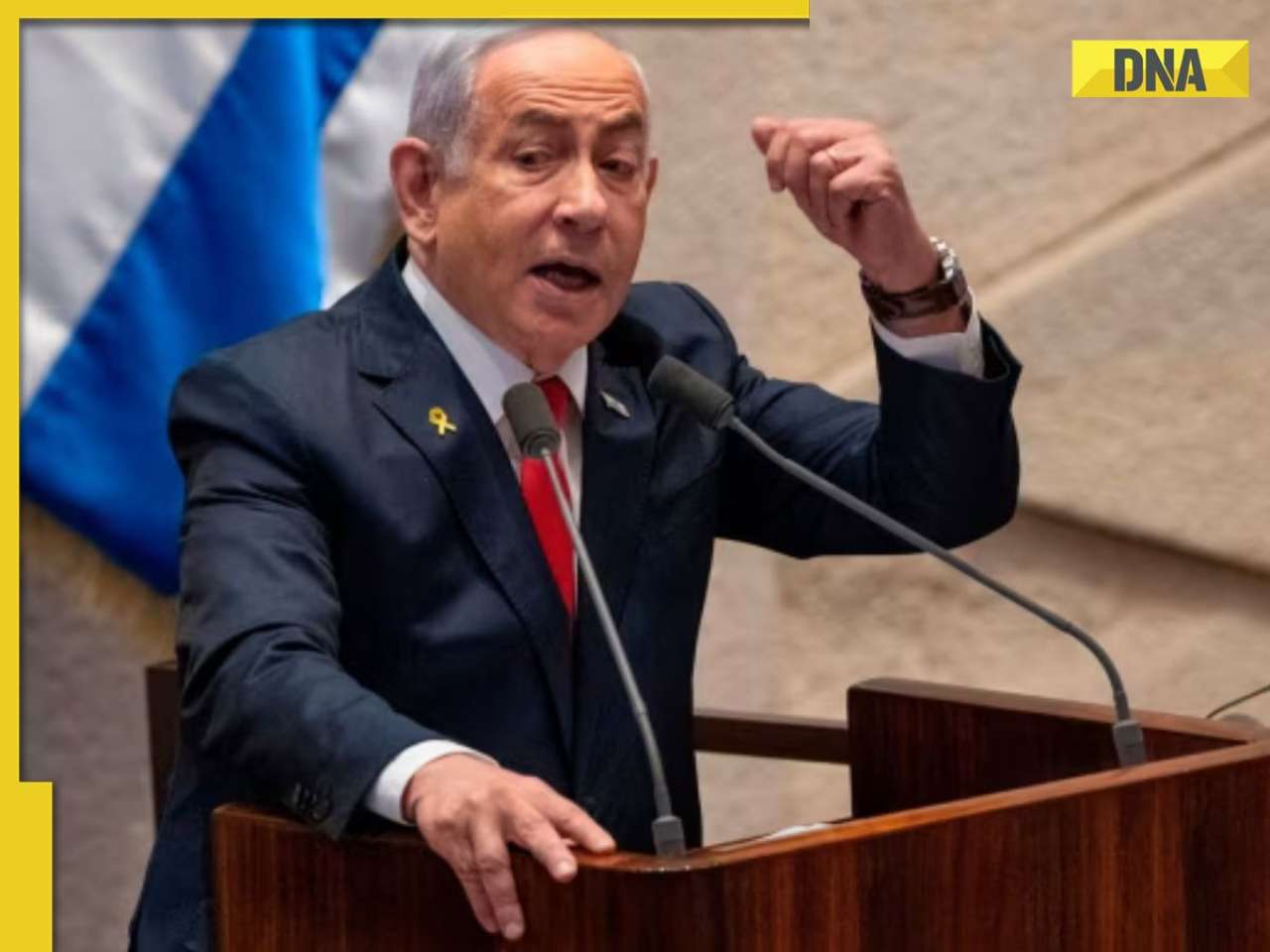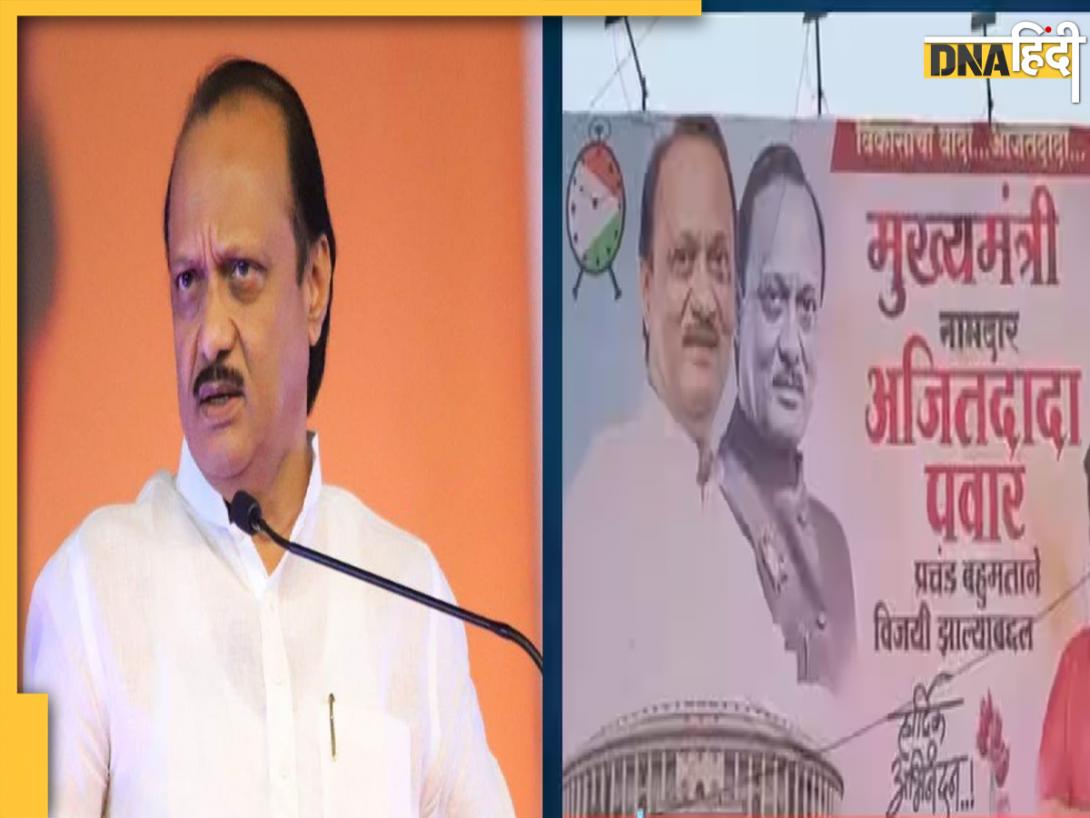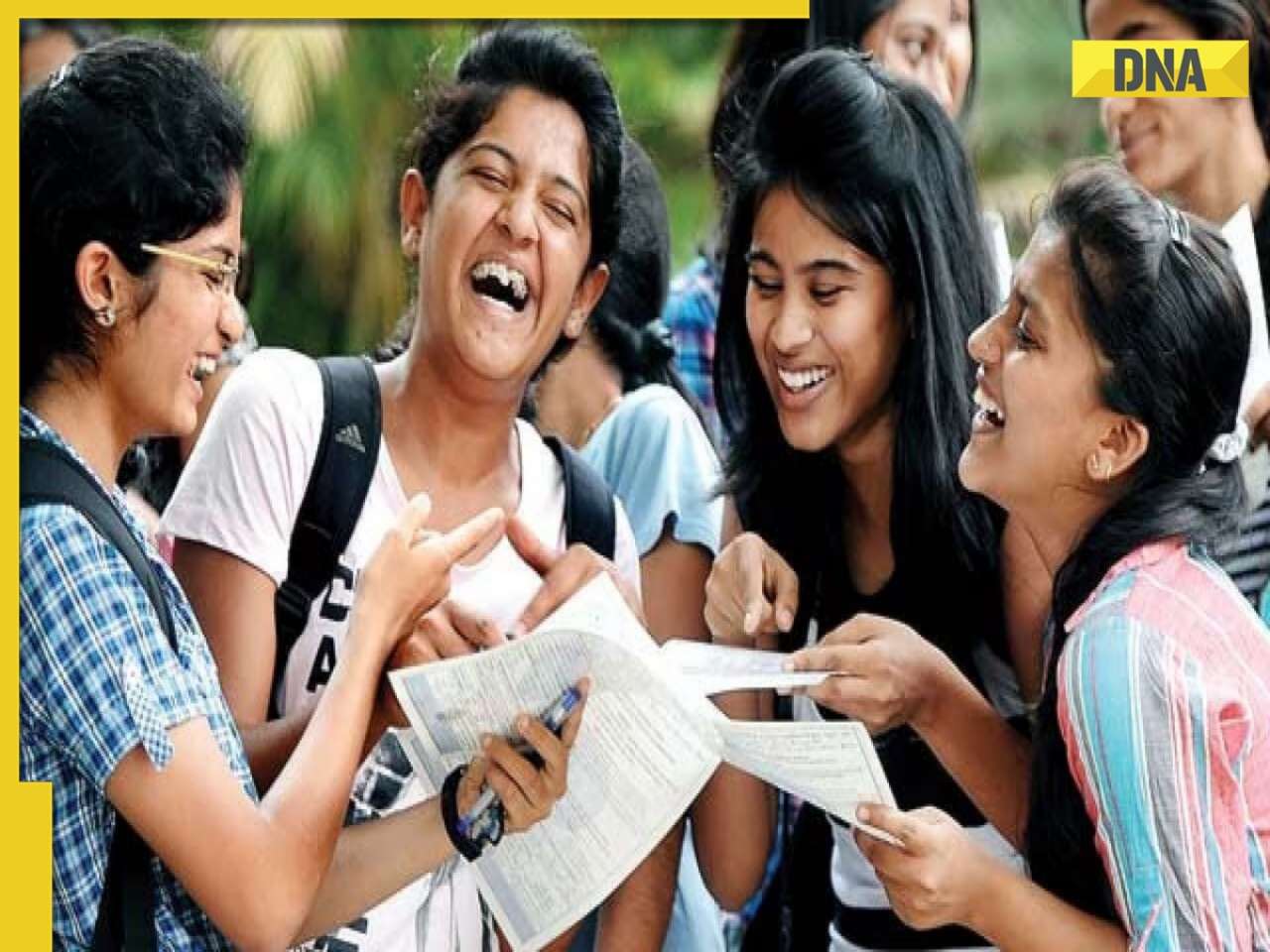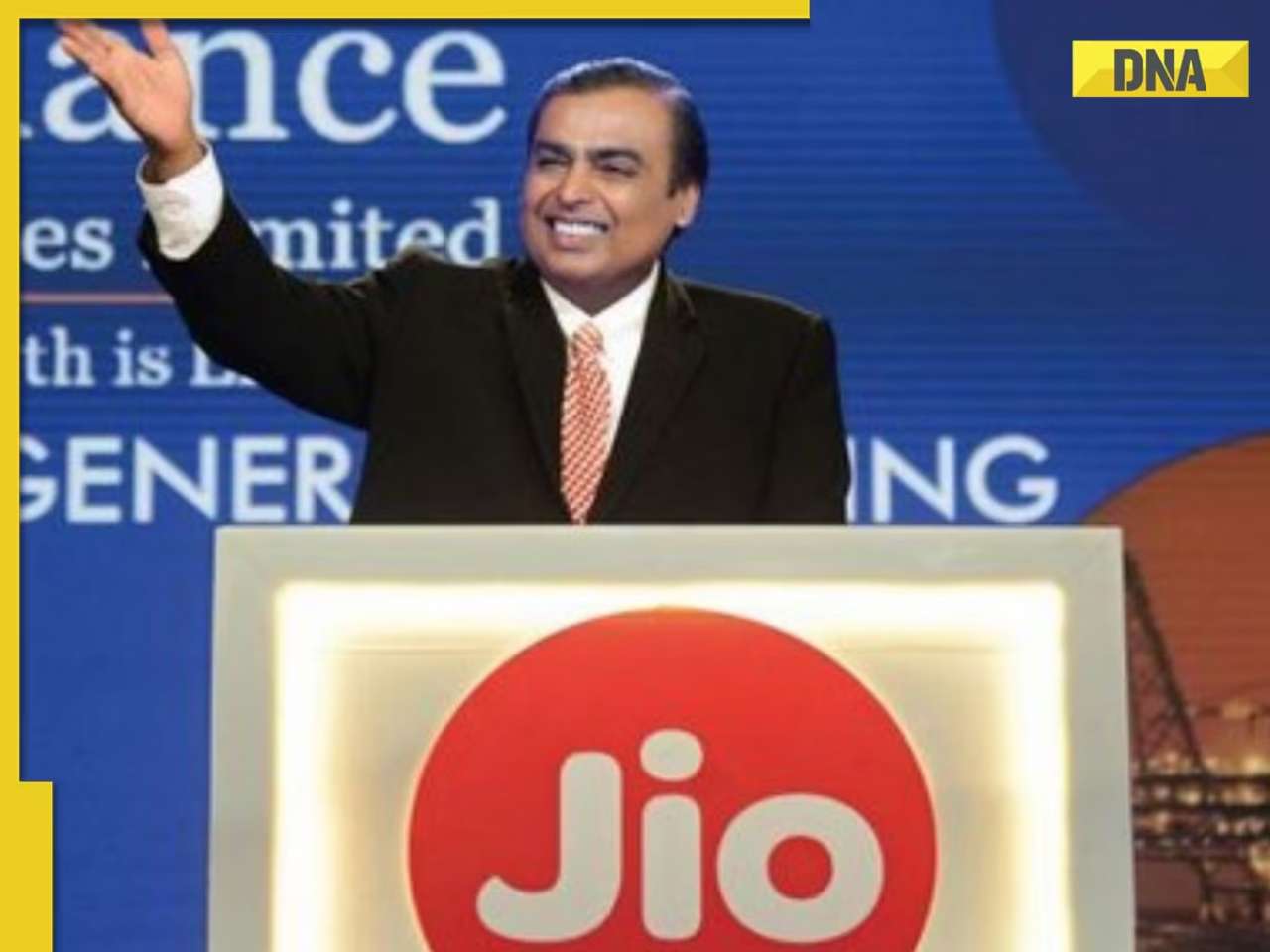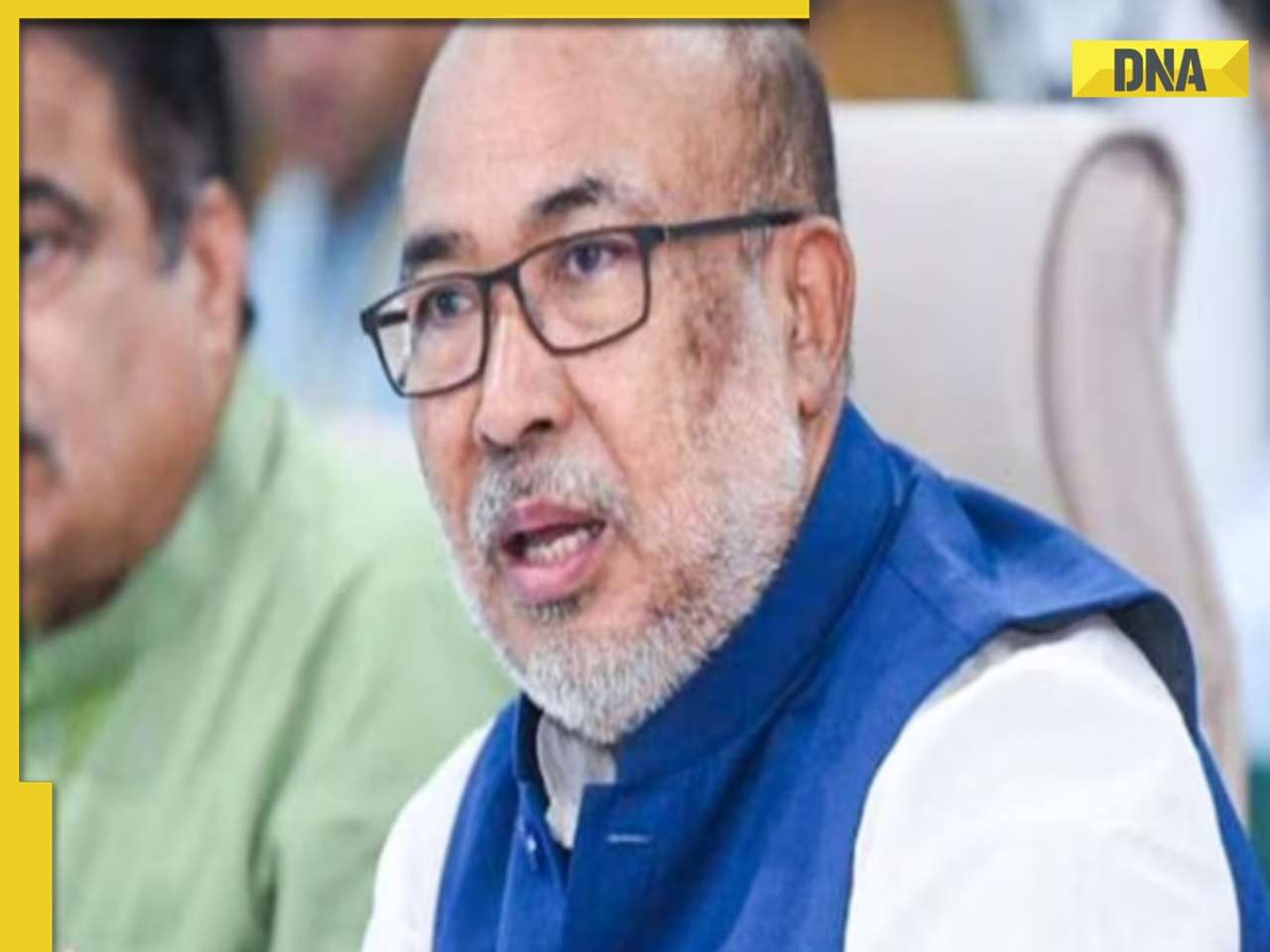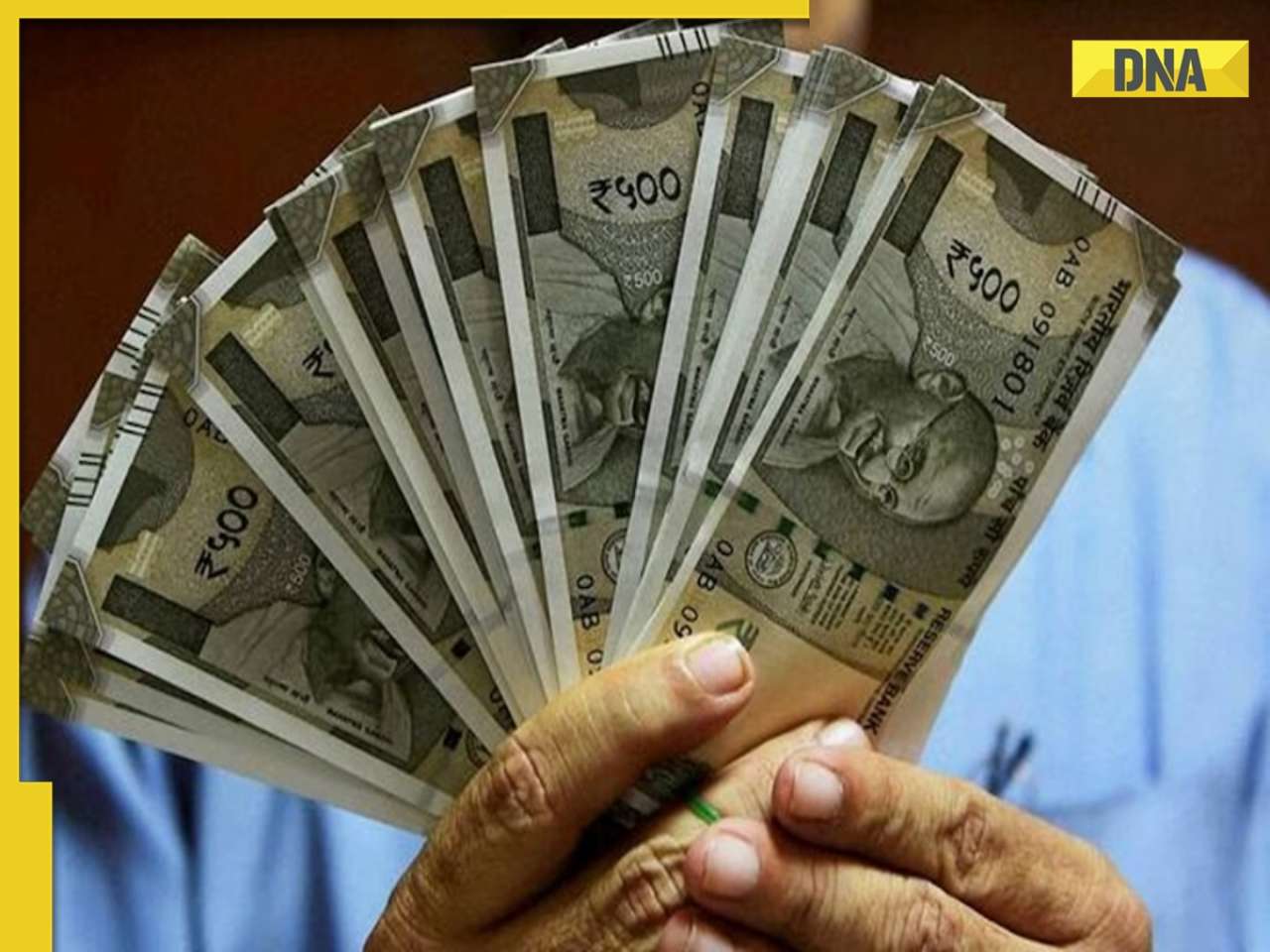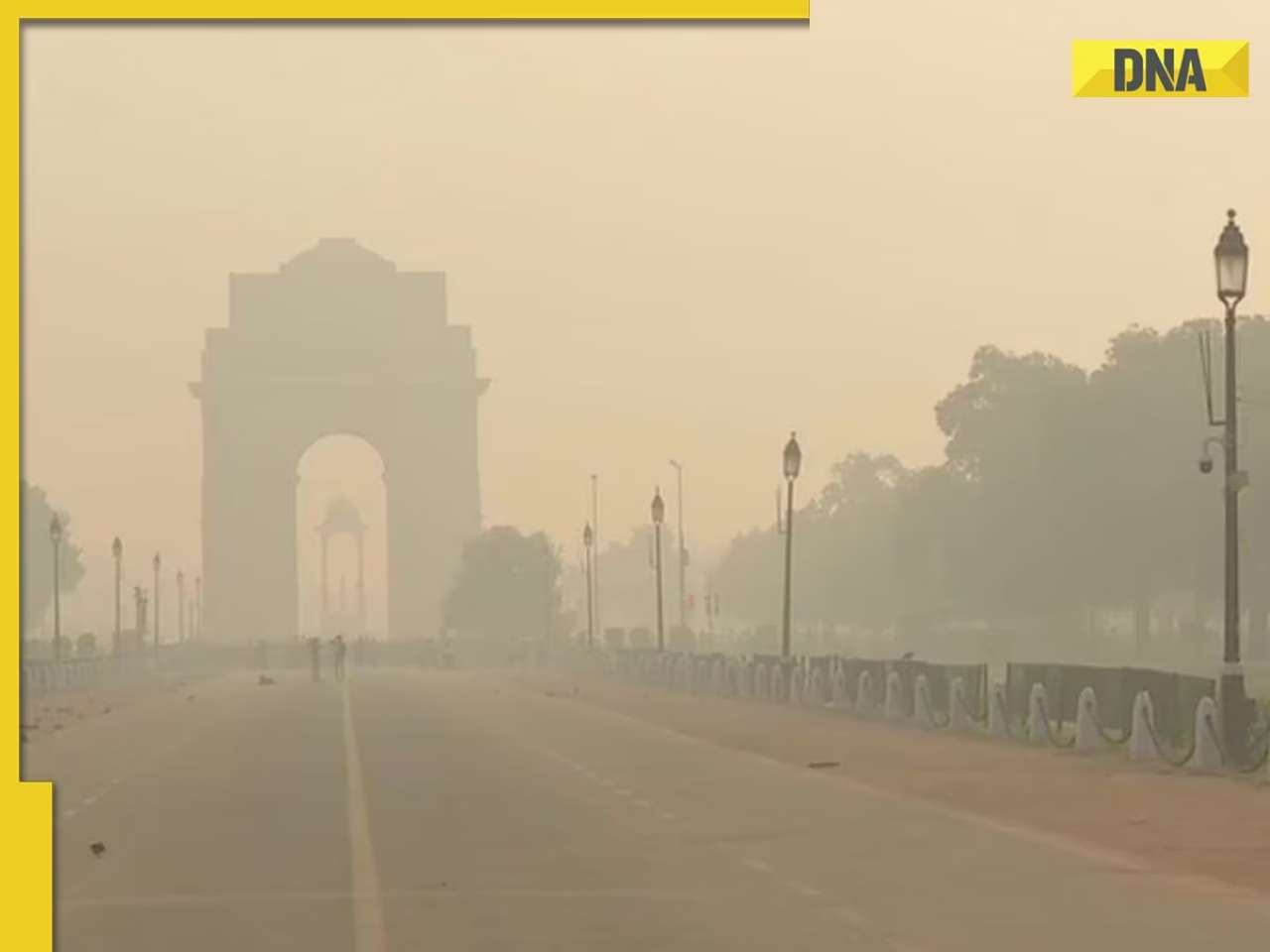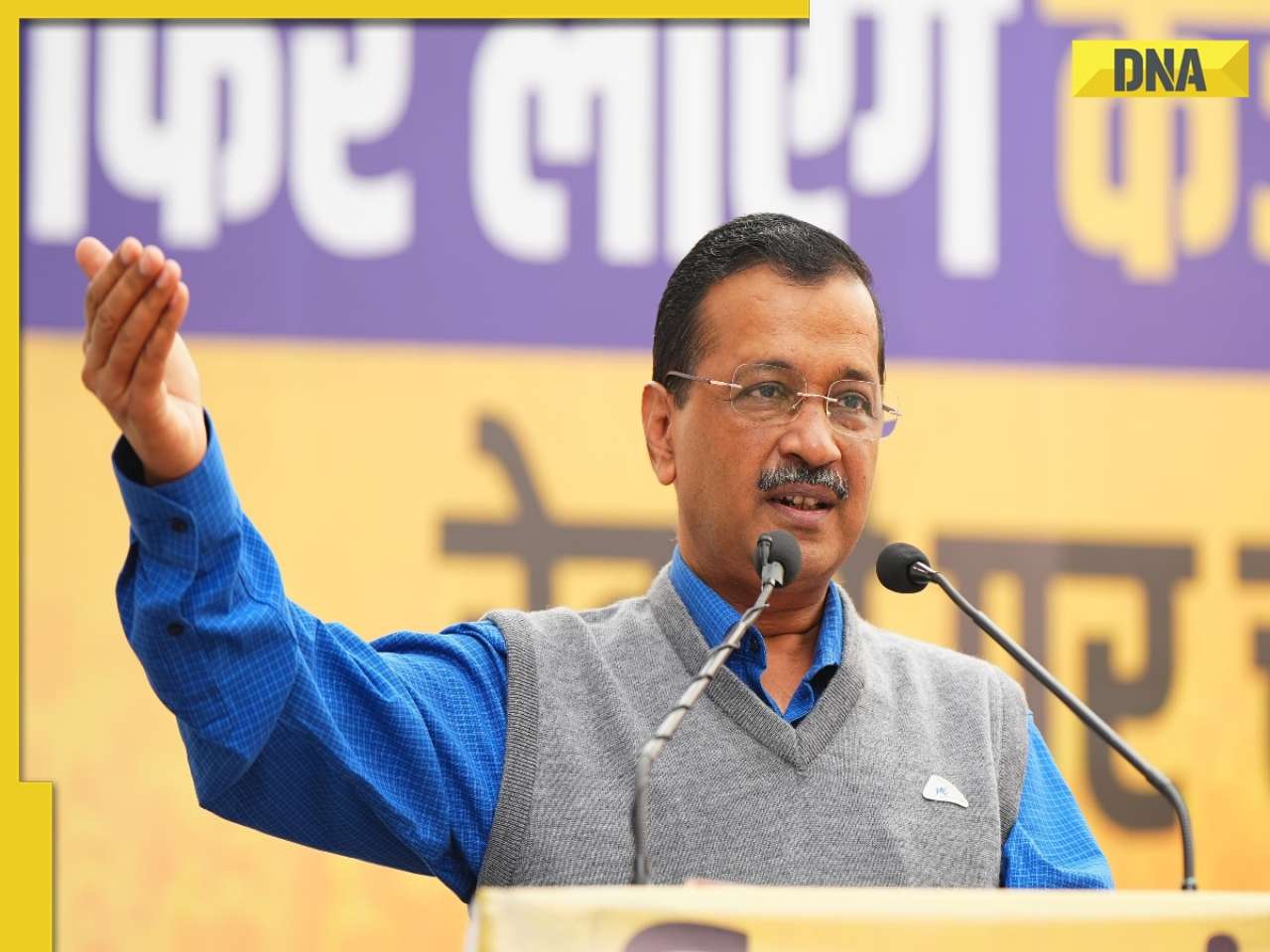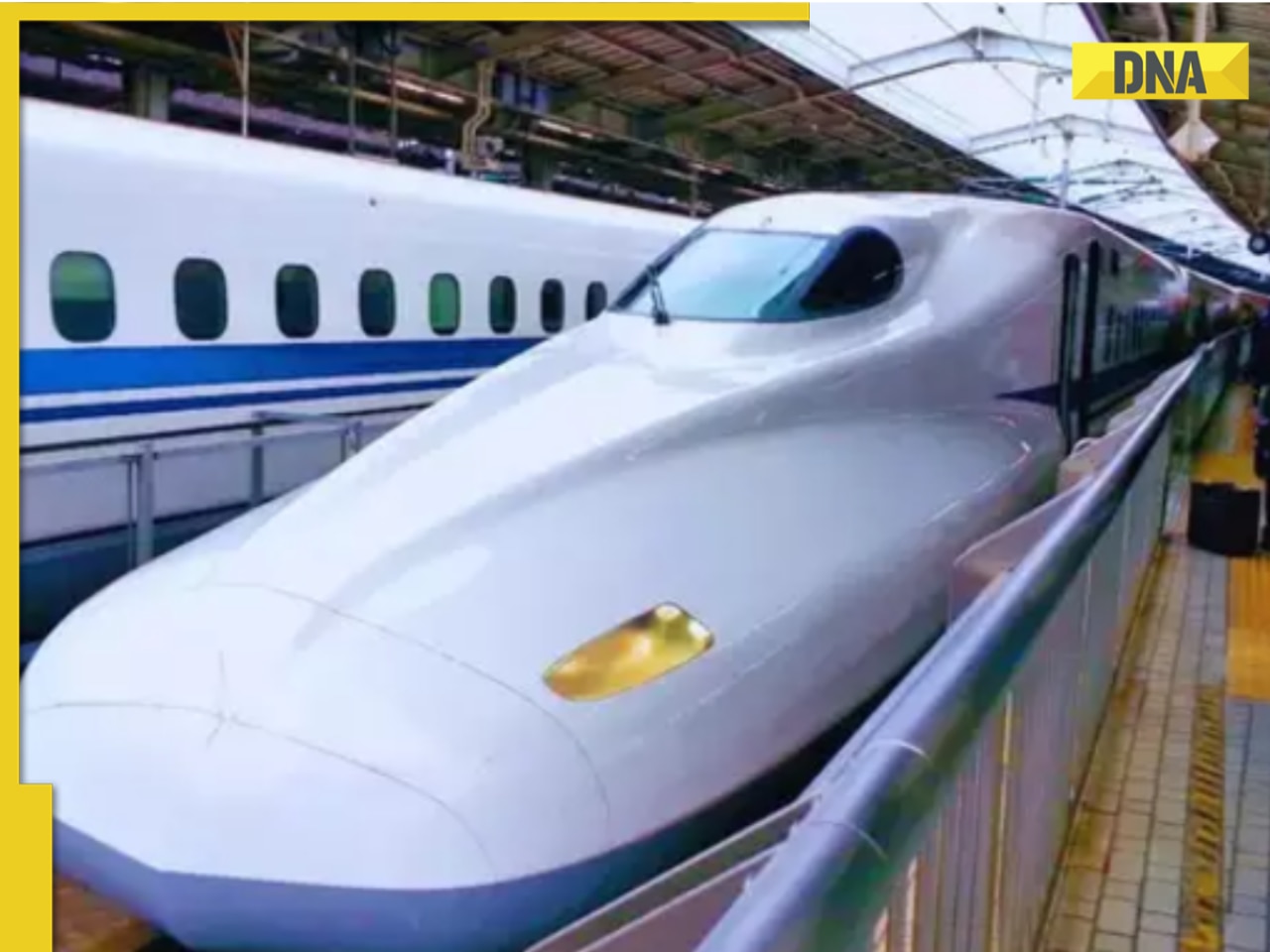- LATEST
- WEBSTORY
- TRENDING
WORLD
Jihadistan: A guerrilla nation Pakistan cannot control
In the face of the mounting military, political and ideological threats emanating from the Taliban-Al Qaeda sanctuary in the tribal areas of Pakistan's border with Afghanistan
TRENDING NOW
In the face of the mounting military, political and ideological threats emanating from the Taliban-Al Qaeda sanctuary in the tribal areas of Pakistan's border with Afghanistan, it is wrong to think that the US should sit on its hands while Pakistan makes timorous efforts to rein in the Islamic extremists.
Yes, the US must exercise caution and circumspection in dealing with Pakistani political sensibilities. At the same time, if Pakistan won't act with sufficient force in the region, the US is at least justified in hotly pursuing insurgent bands into Waziristan and other tribal areas of Pakistan, and continue the search for Osama bin Laden and the other terrorist leaders finding protection in these areas.
To be sure, the US should do whatever it can to encourage and vitalise Pakistani efforts to pacify and control the region. In doing so, we must recognise that elements in Pakistan's security forces are sympathetic to the insurgents and more interested in protecting than pursuing them. This has indeed been the case since the Taliban emerged out of the Pashtun cultural matrix and the Al Qaeda arrived on the scene to inject global ideological spice into their cause.
It also is fair to say the duplicitous machinations of the Pakistani Inter-Services Intelligence (ISI) have made it nearly impossible for all recent Pakistani governments - no matter what their political complexion - to deal effectively with the insurgents.
But there is another element of political reality in the tribal lands that must be acknowledged. It is that a form of quasi-state formation has occurred in the Hindu Kush. The region is no longer under meaningful Pakistani suzerainty, not even of the nominal kind that it had enjoyed in the past.
The Taliban and Al Qaeda have carved out a virtually autonomous political entity, melding together under the rubric of Islamic fundamentalism many of the indigenous tribes inhabiting Waziristan; they have formed a loose confederation whose tribal leaders acknowledge Mullah Omar and Osama bin Laden as their spiritual and political Emirs.
They have established in most of the region a functioning, loosely integrated governmental system viable enough to impose taxes, issue permits to businesses, maintain an agricultural economy (based upon massive, lucrative opium poppy cultivation), operate a judicial system based upon Shariah law, inaugurate an educational system (madrassas) adapted to their fundamentalist proclivities, and sustain a guerilla military with sophisticated weaponry and a manpower base numbering in the tens of thousands.
I have given the name "Jihadistan" to this guerilla nation.
Under these circumstances, it is naive to insist that the only thing the US, the coalition forces, and the Afghans can do is to just sit passively on the Afghan side of the border, absorbing an increasing quantum of death and destruction from this Jihadi state. They have to find ways to effectively fight back, to attack and neutralise the terorists' growing military capabilities and their ramifying politico-economic influence.
Inevitably this has to involve strategies that endeavor to penetrate Jihadistan both with selective, surgical military strikes, and through systematic efforts to undermine the hold over the hearts and minds of the tribal communities now in the thrall of the Taliban and Al Qaeda through an admixture of economic, political and ideological initiatives. This is where Pakistan comes in.
Publicly, the current Pakistani leadership, for understandable reasons, is proclaiming that it will resist any and all proactive measures taken by the US and its allies to interdict the capacity of the Taliban and Al Qaeda to attack Afghanistan from its Jihadistan sanctuary.
But the US must realize that there are ways, some subtle and some not so subtle, of inducing the Pakistani leadership to rein in this jingoistic posture and bring it around to the policies that the present political realities in the Hindu Kush demand.
What are these procedures? Certainly, a major key is making continued economic and military assistance to Pakistan contingent on the willingness of President Zardari and his political coalition to agree to more decisive collaborative military action (as opposed to winging it on their own with limited results) against the Taliban and Al Qaeda.
This policy would be a start in the face of Pakistan's current economic circumstances, and in the face of the fact that President Zardari's recent trip to China in search of greater material and moral support failed to yield tangible results. Ditto, their overtures to Saudi Arabia. This means that the Pakistani leadership really have no other place to turn but the US.
Yes, this implies the use of more aggressive political pressure than some advocate, arguing that it would lead to a complete breakdown in what is left of the US-Pakistani relationship.
Past precedents, however, suggest that this is not necessarily so. It would not be the first time that gentle persuasion has been undertaken by the US in its dealings with Pakistan, with results that proved satisfying to everyone's perceived strategic interests.
Lyndon Johnson employed stern pressure on Ayub Khan in 1965 to terminate Pakistan's attack on India. Relations between the two countries were strained for a while but in the end larger strategic and practical considerations enabled them to get over it.
In 1999, Bill Clinton, in concert with the international community, came down hard on Pakistan over the Kargil incident and induced then prime minster Nawaz Sharif to abort it despite disgruntlement in the army. This eventually led to the coup by General Pervez Musharraf. Once again, both sides got over it, and Musharraf for a while became America's principal non-NATO ally.
The claim, in other words, that putting pressure on Pakistan to make a deeper commitment to more active collaboration with the US coalition in Afghanistan is not as far-fetched as some contend.
Decisive political and economic pressure has worked in the past and there is no reason to believe that it would not work in this instance. Pakistan, after all, has much to gain by seriously joining in the quest to wrest Jihadistan from the Taliban and Al Qaeda.
A successful collaboration with US and coalition forces will increase Pakistan's chances of neutralising, if not eliminating, the Jihadist quasi-state now in control of the Hindu Kush. It would also materially improve the chances for the Pakistani middle-class and the moderate political environment that recent elections set in motion to complete the task of bringing Pakistan into the mainstream of democratisation now enveloping global society.








)
)
)
)
)
)
)
)
)
)
)
)
)
)
)







